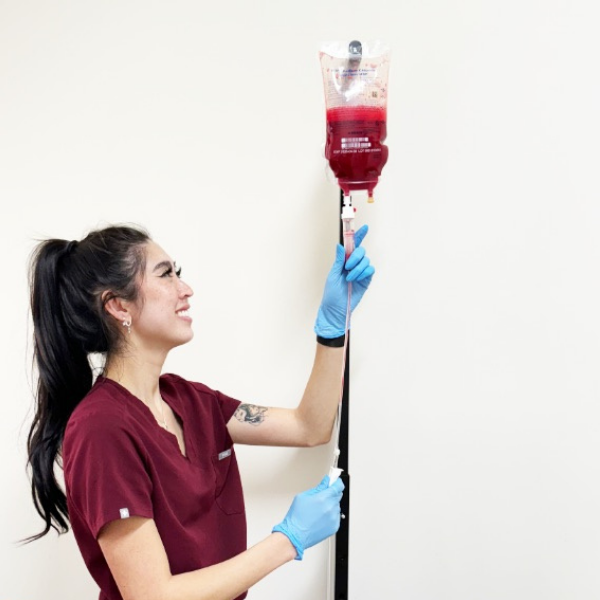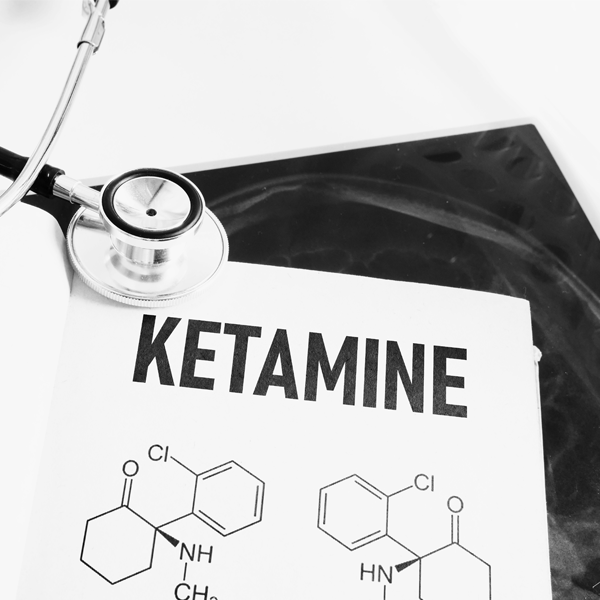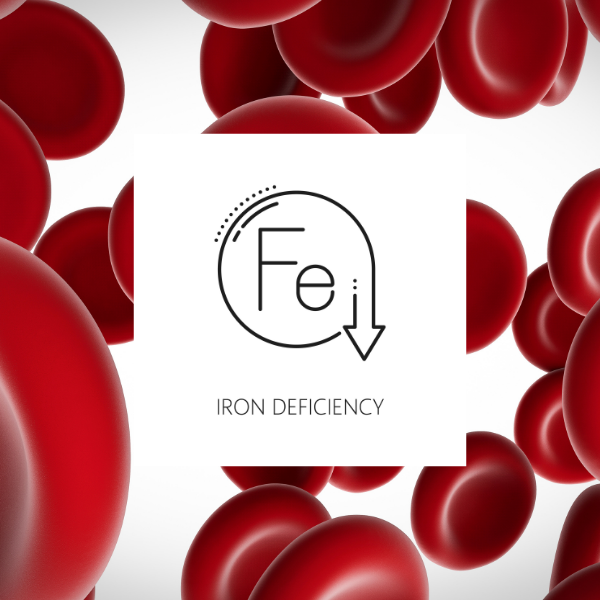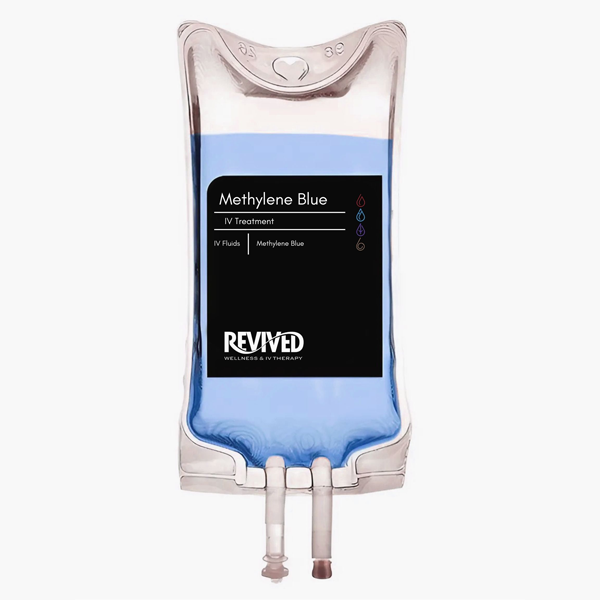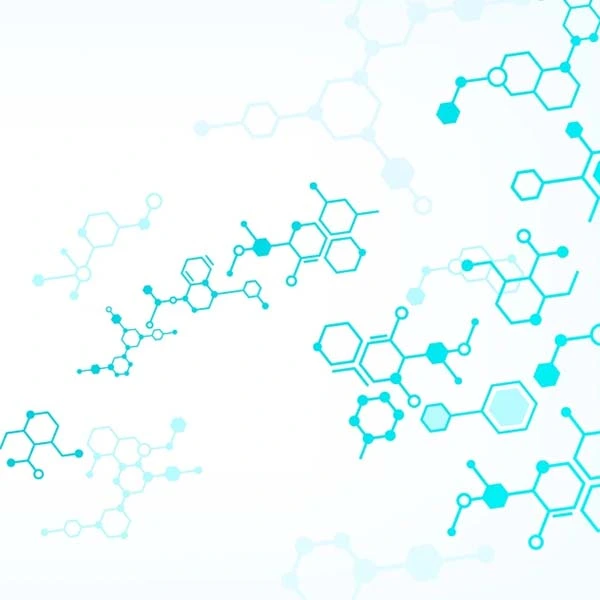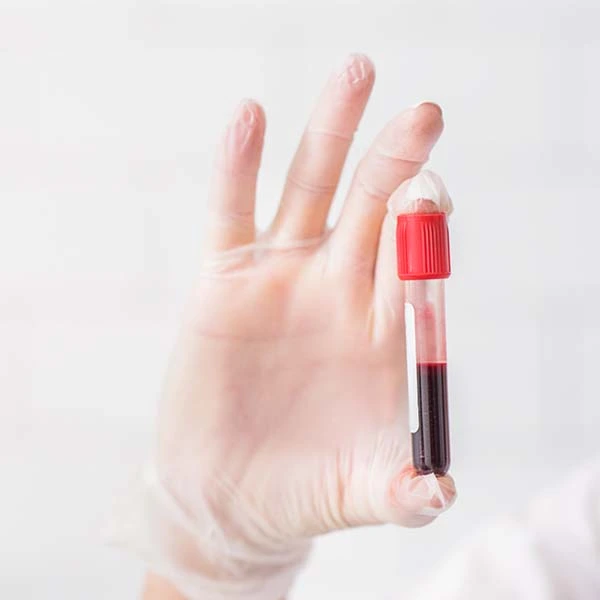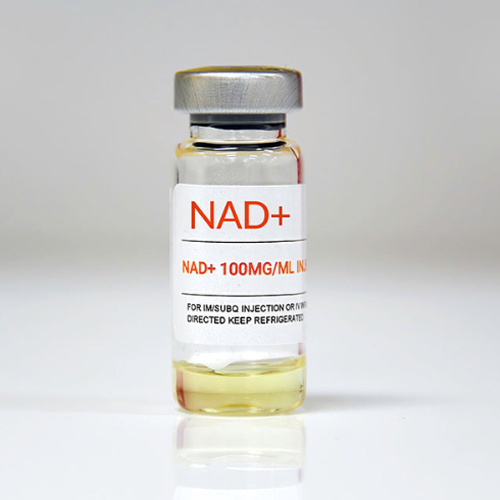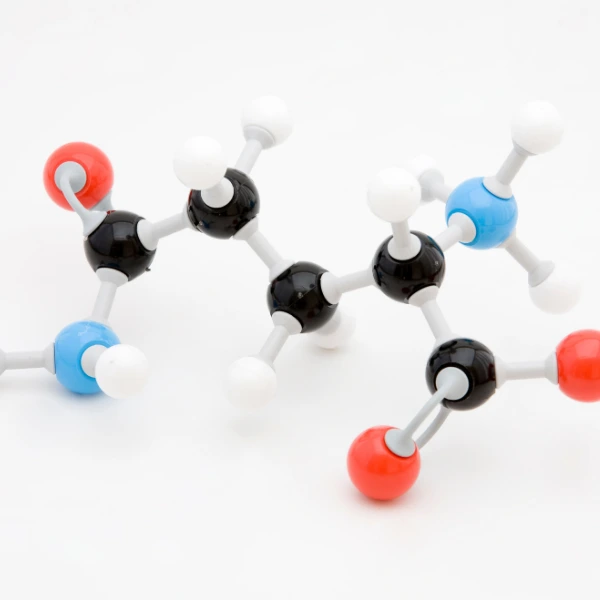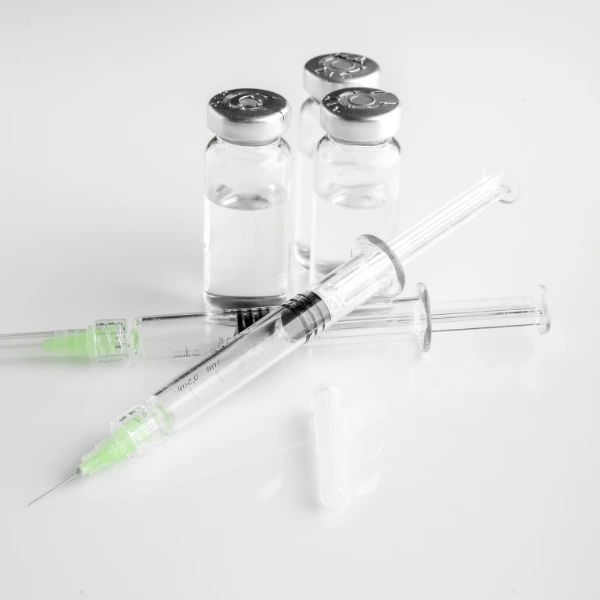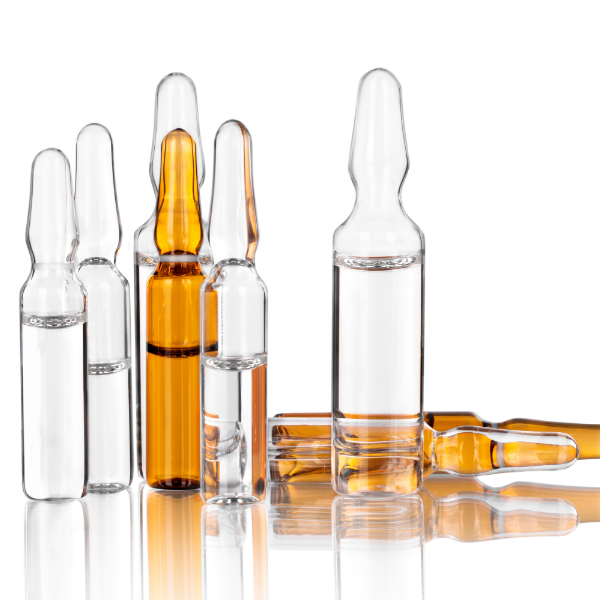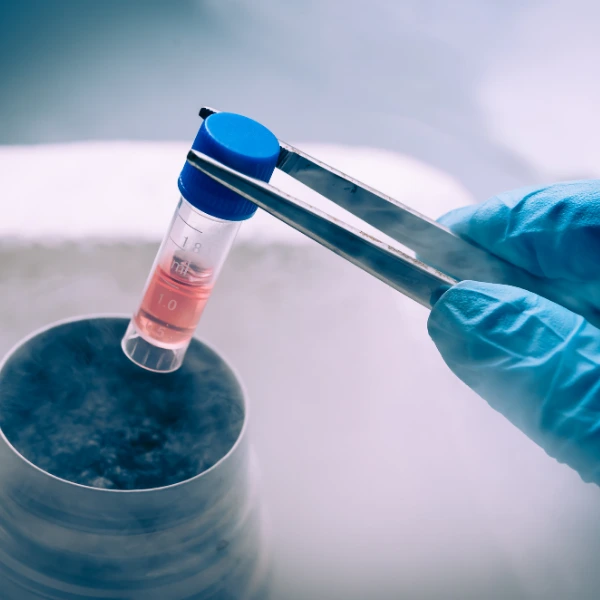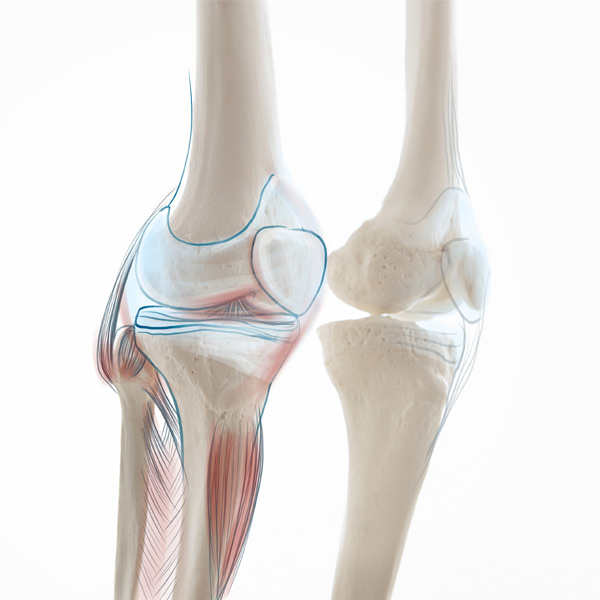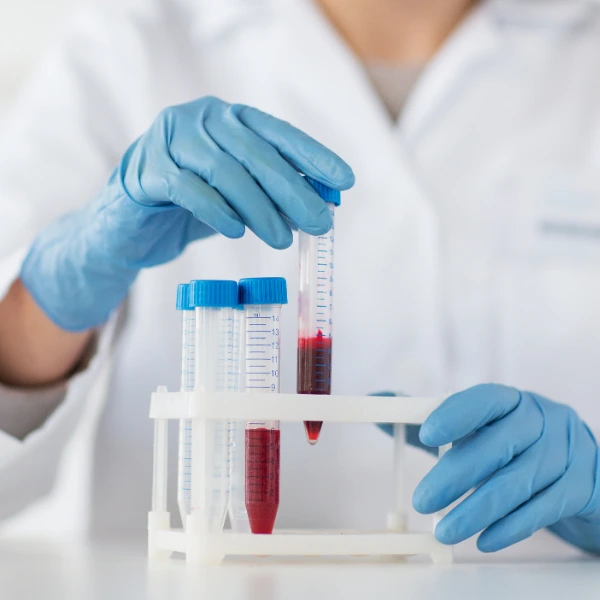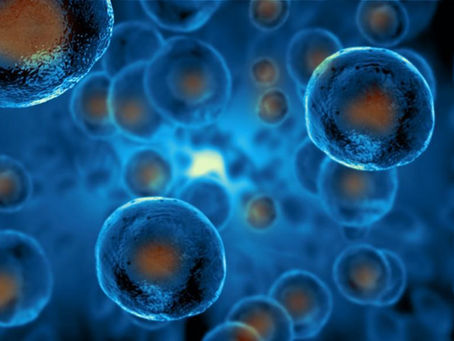Exosome treatment is a branch of regenerative medicine that uses exosomes, tiny vesicles secreted by cells, to treat various illnesses and disorders. These exosomes contain a range of proteins, lipids, and genetic material that can help to repair or replace damaged cells.
The potential therapeutic uses of exosomes are vast; they could be used to treat various conditions, including heart disease, cancer, neurodegenerative diseases, arthritis, and more.
Understanding Exosomes
Exosomes are produced by all cells in the body, but they differ depending on the cell type. They are important in cell signaling, immunity, inflammation, and tissue repair. Extracellular vesicles (EVs) of the exosome type are released by cells.
They are 30-100 nanometers in diameter, making them small enough to pass through the blood-brain barrier. These vesicles contain proteins, lipids, and genetic material such as mRNA and miRNA.
Exosomes have several properties which make them ideal for therapeutic applications. They can interact with cells, deliver genetic material, and carry a range of proteins and lipids that can help repair and replace damaged cells.
Exosomes Therapy Explained
Exosomes therapy uses exosomes, which are small vesicles secreted by cells. These tiny particles carry proteins, lipids, nucleic acids, and other molecules involved in different cellular processes.
Exosomes can be isolated from various tissues, including plasma and bodily fluids. They are then purified and used in therapeutic applications.
Mechanisms of Exosomes Therapy
Exosome therapy is an emerging area of research in regenerative medicine and holds promise for various therapeutic applications. To begin exosome therapy, exosomes must be harvested and isolated for therapeutic use.
Exosome harvesting is typically done through ultracentrifugation, where cells are spun at high speeds to isolate the exosomes via size exclusion. Once isolated, the exosomes can then be modified for different therapeutic applications.
Body fluids like plasma, serum, and urine can be used to isolate exosomes. These exosomes are then purified for therapeutic purposes.
Exosomes can be delivered to target cells in different ways. They can be injected, taken orally, or applied topically into the bloodstream. Each method has advantages and disadvantages depending on the molecule being delivered.
Applications of Exosomes Therapy
Exosome therapy can be used in various applications, including regenerative medicine and cancer therapy. In regenerative medicine, exosomes can transfer therapeutic molecules into target cells to promote tissue repair and regeneration.
In cancer therapy, exosomes can deliver anti-cancer agents selectively to tumor cells to reduce the side effects of chemotherapeutic drugs.
Exosome therapy has been used in a variety of regenerative medicine applications. For example, it has been used to treat wounds and promote tissue regeneration in conditions such as diabetes, peripheral artery disease, and osteoarthritis.
Exosome therapy has been used to treat a variety of conditions successfully. For instance, exosomes have been used to treat spinal cord injuries, macular degeneration, and hearing loss. Additionally, exosomes have been used to treat a variety of cancers, including melanoma and prostate cancer.
Advantages of exosomes therapy over traditional therapies
Exosome therapy offers many advantages over traditional treatments, such as selectively delivering therapeutic agents to target cells. Exosomes can treat various conditions like cancer and regenerative medicine applications.
The drawbacks also include the potential for exosome damage during centrifugation, which could alter their shape and functional characteristics. Through the use of density gradient ultracentrifugation, more “pure” exosomes can be separated.
Cutting-Edge Research and Future Directions
Exosomes are mainly used in medicine as a biomarker, cancer vaccine, cell-free therapeutic agent, and exosome kinetics analysis. Various clinical experiments use different exosomes derived from either human or plant sources.
Exosomes have been used in clinical settings as a cancer vaccine, drug delivery vehicle, cell-free therapy, and biomarker for disease prognosis and diagnosis.
Are You Looking for Exosomes Therapy in Houston?
At MyRevive, we offer an individualized exosome therapy program that can help improve various medical conditions. Our Houston-based team of experts has studied and worked with exosomes to determine the best way to use them as a form of therapy.
We focus on providing our patients with the most effective exosome therapies and ensuring they understand their expectations when beginning a treatment program.


